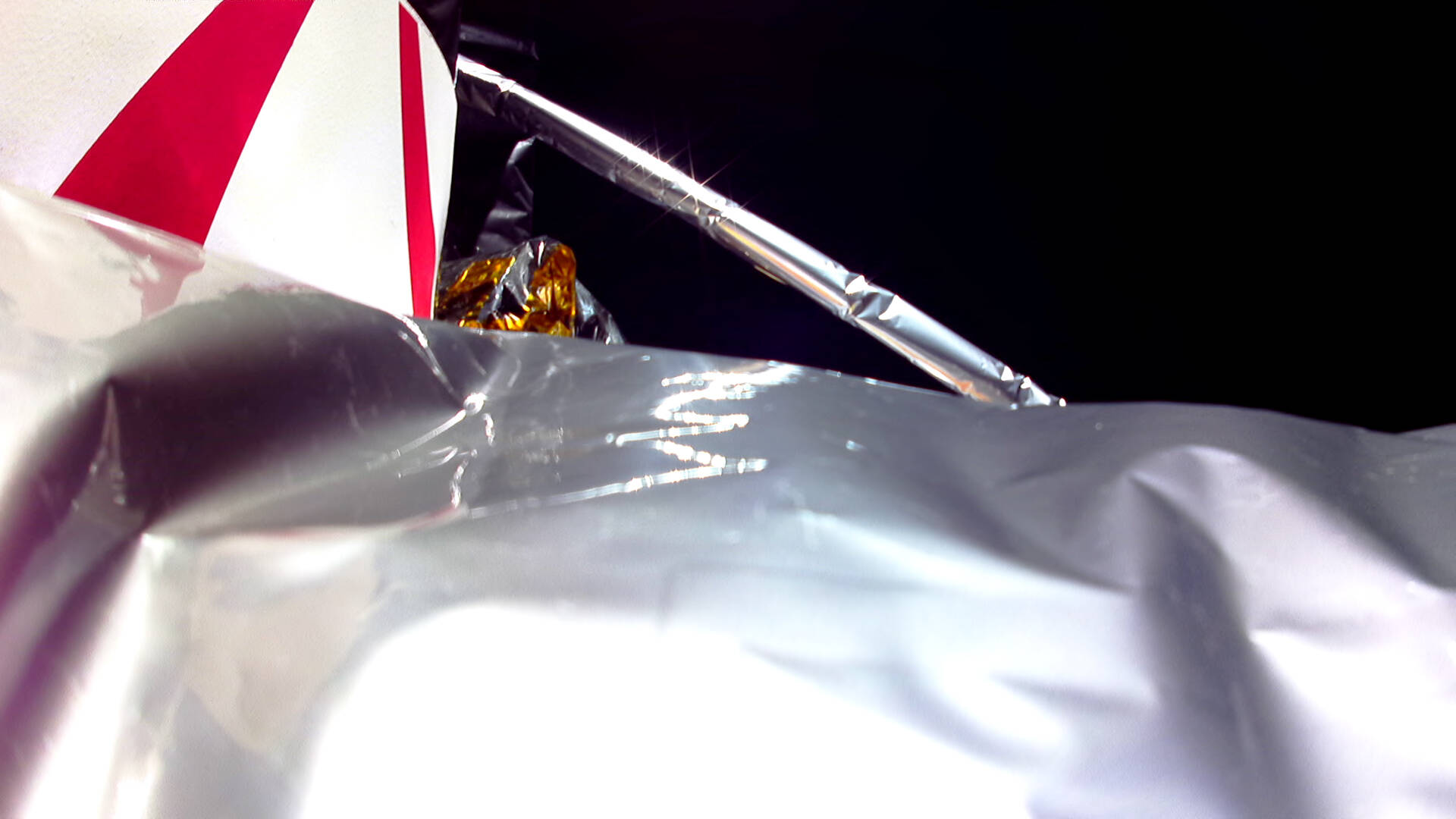Two engines built by Kent-based Blue Origin helped successfully launch the United Launch Alliance’s Vulcan rocket into space, but Astrobotic’s Peregrine lander encountered a problem and won’t make it to the moon.
In fact, the planned 46-day journey is scheduled to come to an end Thursday, Jan. 18, just 10 days after the lander launch from Cape Canaveral Space Force Station in Florida and separation from the rocket.
“Astrobotic said on its current trajectory, Peregrine will re-enter the Earth’s atmosphere on Thursday, Jan. 18, and is likely to burn up,” according to a Jan. 14 statement from Nicola Fox, associate administrator, Science Mission Directorate at NASA Headquarters in Washington, D.C. “Astrobotic worked with NASA’s assistance to assess the most appropriate action, and this is the best approach to safely and responsibly conclude Peregrine Mission One.”
The work will continue among NASA and other companies, including Pittsburgh, Pennsylvania-based Astrobotic.
“While it’s too soon to understand the root cause of the propulsion incident, NASA continues to support Astrobotic, and will assist in reviewing flight data, identifying the cause, and developing a plan forward for the company’s future CLPS (commercial lunar payload services) and commercial flights,” Fox said.
“Spaceflight is an unforgiving environment, and we commend Astrobotic for its perseverance and making every viable effort to collect data and show its capabilities of Peregrine while in flight. Together, we will use the lessons learned to advance CLPS.”
Astrobotic noted on its website that the company’s designed and built hardware, avionics, software, and system architectures all performed as expected in space and that all payloads designed to power on and communicate did so, and even achieved science objectives.
“While we believe it is possible for the spacecraft to operate for several more weeks and could potentially have raised the orbit to miss the Earth, we must take into consideration the anomalous state of the propulsion system and utilize the vehicle’s onboard capability to end the mission responsibly and safely,” the company said.
Despite the setback, Astrobotic CEO John Thornton praised the mission.
“I am so proud of what our team has accomplished with this mission,” Thornton said. “It is a great honor to witness firsthand the heroic efforts of our mission control team overcoming enormous challenges to recover and operate the spacecraft after Monday’s propulsion anomaly.
“I look forward to sharing these, and more remarkable stories, after the mission concludes on Jan. 18. This mission has already taught us so much and has given me great confidence that our next mission to the moon will achieve a soft landing.”
Astrobotic’s first Peregrine Lunar Lander was scheduled to land on the moon on Feb. 23, according to NASA, and spend approximately 10 days gathering valuable scientific data studying Earth’s nearest neighbor and helping pave the way for the first woman and first person of color to explore the moon under Artemis, NASA’s name for the moon mission.
NASA wants to return astronauts to the moon for the first time since 1972. Blue Origin, started in 2000 in Kent by Amazon founder Jeff Bezos, is part of that mission.
Talk to us
Please share your story tips by emailing editor@kentreporter.com.
To share your opinion for publication, submit a letter through our website https://www.kentreporter.com/submit-letter/. Include your name, address and daytime phone number. (We’ll only publish your name and hometown.) Please keep letters to 300 words or less.

